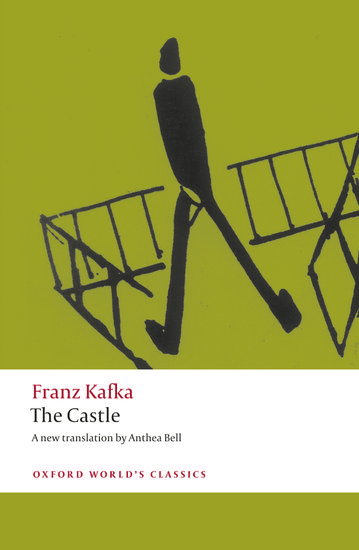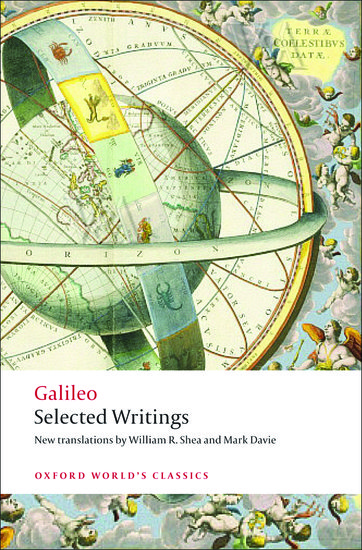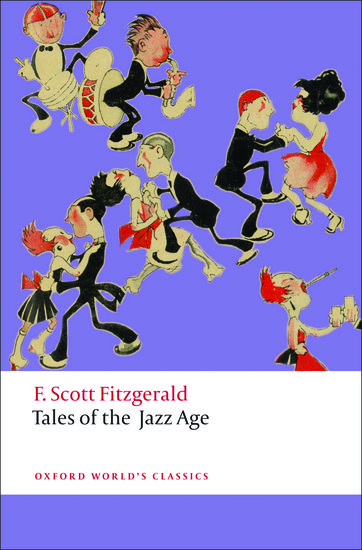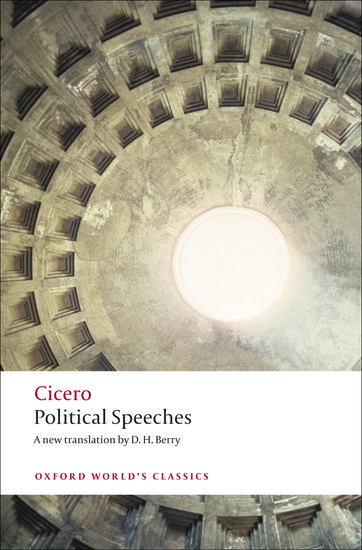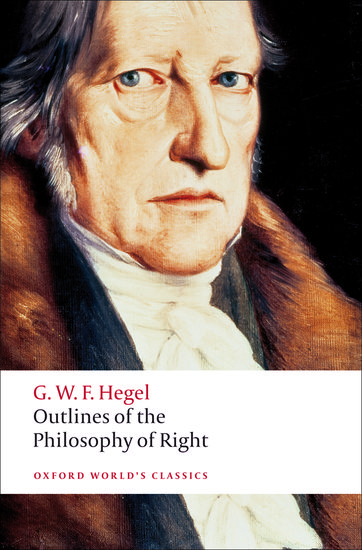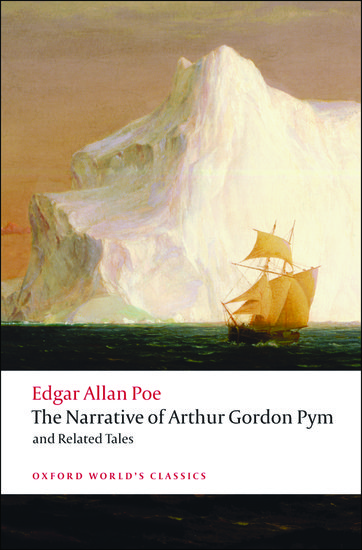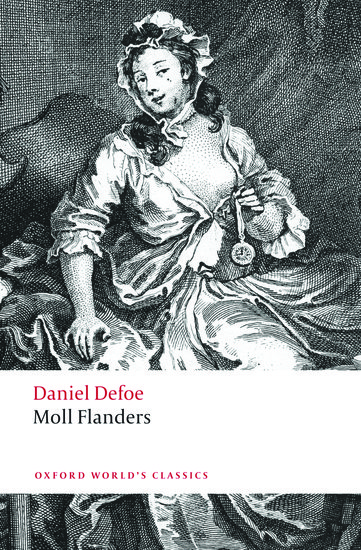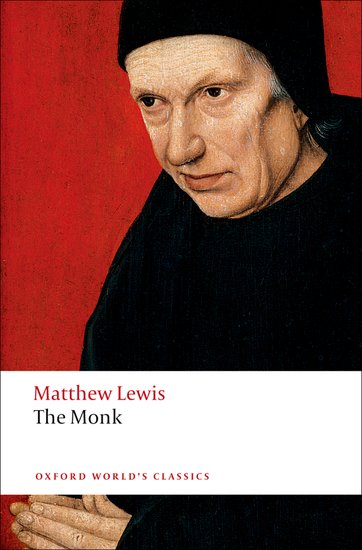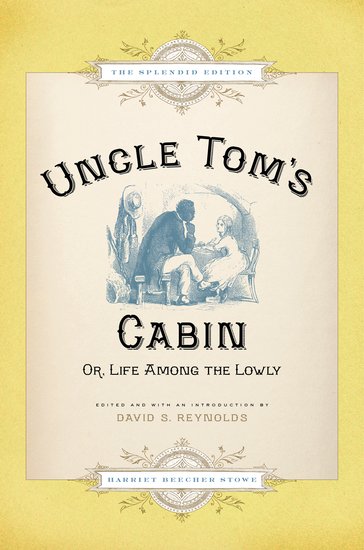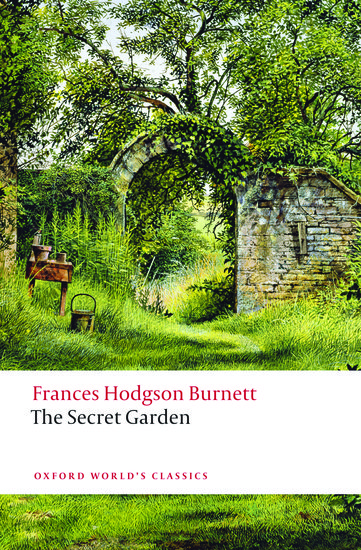Don’t you like the castle?
A remote village covered almost permanently in snow and dominated by a castle and its staff of dictatorial, sexually predatory bureaucrats — this is the setting for Kafka’s story about a man seeking both acceptance in the village and access to the castle. In The Castle, Kafka explores the relationship between the individual and power, as the protagonist K. asks why the villagers so readily submit to an authority which may exist only in their collective imagination. In the following excerpt from the new Oxford World’s Classics edition, K. first encounters the castle and the strange power it holds over the village.

